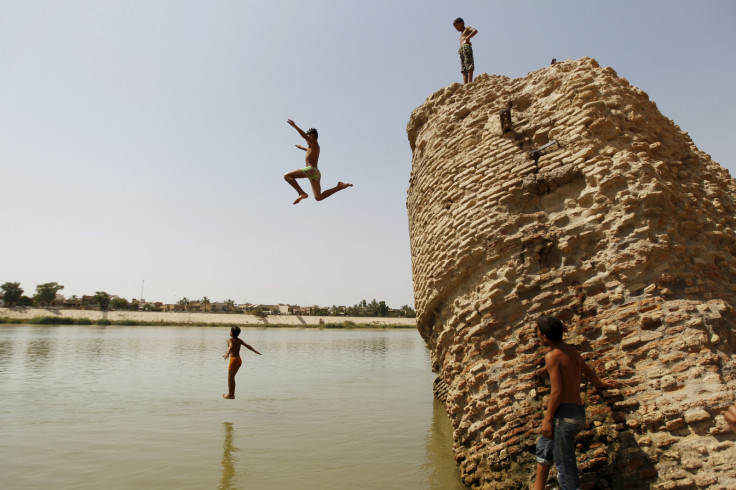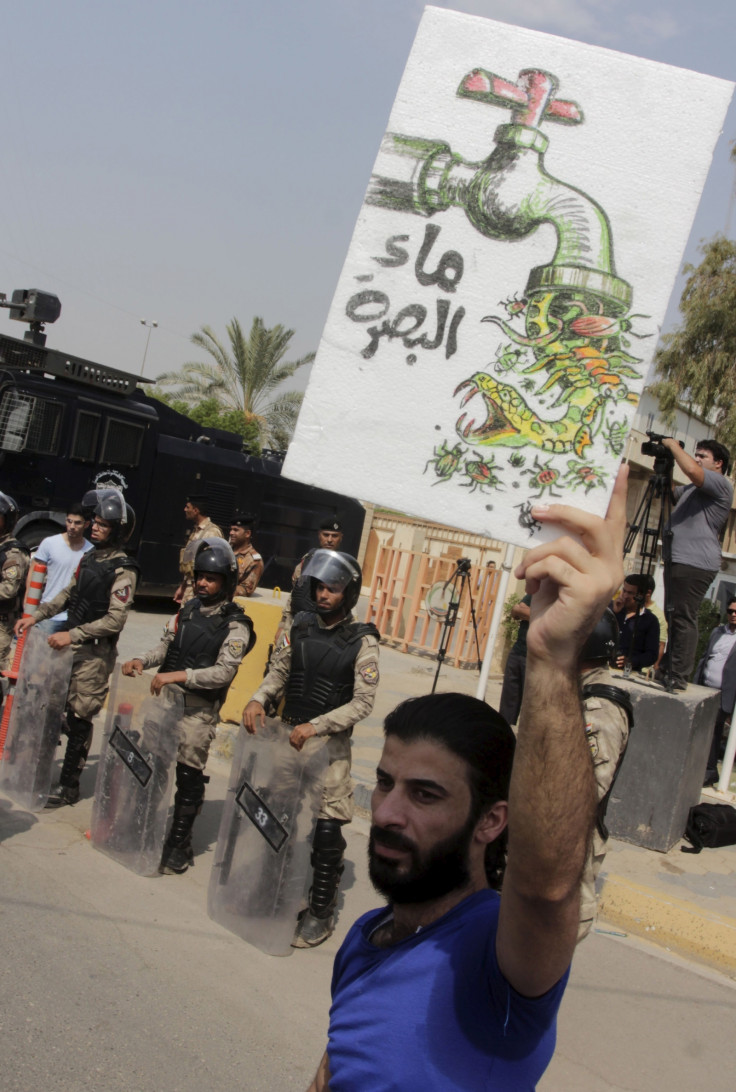Deadly heatwave claims lives across Middle East and Europe

A deadly heatwave spanning from the Middle East to parts of Europe has prompted officials to issue health warnings and raise alerts about a potential crisis.
After 100 people drowned trying to escape 40C temperatures in Turkey, the Istanbul Governor's office put out an alert on Wednesday 5 August, urging people to be extra vigilant when swimming in the sweltering heat.
In Spain a 36-year-old cyclist died on the side of the road on Wednesday after medics found and treated him for dehydration and a high body temperature. Some 20 provinces in the country are on red alert for extreme heat.
But worst hit areas are in the Middle East. "Since late July when the heatwave started, there have been an increasing amount of reports of families and children suffering from dehydration, diarrhea and heatstrokes," said Cecil Laguardia, the communications manager at charity World Vision's Kurdistan and Iraq outpost.

Three million people across Iraq are displaced — nearly a million are children — and most are living in refugee camps and makeshift shelters. In the city of Basra temperatures have held at 51C this week and are expected to rise to 52C on the weekend.
"As temperatures top 50 degrees this past week, we are gravely concerned for the families on the ground, and in particular how the heatwave will make the already difficult living conditions even harder for children," said Laguardia. She called for emergency funding to help the situation.
In June the UN in partnership with Iraq released a Humanitarian Response Plan warning that 7.1 million people will require water, sanitation and hygiene assistance, with 4.1 million of them in critical need during the summer.
Protests in Baghdad's Tahrir Square on 31 July called for the firing of minister of electricity Qasim al-Fahdawi after temperatures reached an all-time high of 51C in the city. Temperatures, with humidity, at the same time made it feel like 73C in the Iranian city of Bandar-e Mahshahr. No relief in temperatures for the region is expected in the weeks ahead.
#Iraq|is protesting en masse today in Tahrir Square(#Baghdad) calling for better public-services/electricity/salaries pic.twitter.com/cd9y7eq9K9
— Luay لؤي الخطيب (@AL_Khatteeb) July 31, 2015
"That was one of the most incredible temperature observations I have ever seen and it is one of the most extreme readings ever in the world," said AES meteorologist and weather risk analyst Anthony Sagliani after recording the temperature.
Probably the most incredible ob I've ever seen. Bandar Mahshahr, Iran today: Temp: 109F (43C) Dew Point: 90F (32C). pic.twitter.com/Lb2AsDAtK0
— Anthony Sagliani (@anthonywx) July 30, 2015
As temperatures reached 45C in Karachi, Pakistan, 750 deaths were attributed to the heat. The victims were mostly elderly or poor people unable to find relief from the high temperatures. Electricity shortages have hit those who can afford air conditioning.
"Those we are picking up from the streets – either in a state of collapse or dead – are often beggars, those who work outdoors all day, drug addicts and persons who get little shelter from the sun," a spokesman for the Edhi Foundation, which runs a morgue and ambulance services, told humanitarian news site IRIN.
In Cyprus energy demand reached its highest levels this year as temperatures soared to 42C inland and 32C in the mountain regions. Yet the infrastructure, according to government officials, is up to the task.
Not so in Lebanon where restriction on electricity are frequent and residents rely on gas-powered generators to power their air conditioning. Others there aren't so lucky. There are more than one million Syrian refugees in Beruit fleeing the conflict in their home country.
Thousands of Syrian children are on the streets of Beirut and take shelter under bridges to keep cool. Others are surviving in refugee camps in plastic tents.
© Copyright IBTimes 2025. All rights reserved.




















